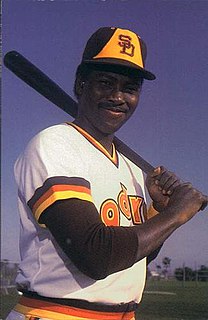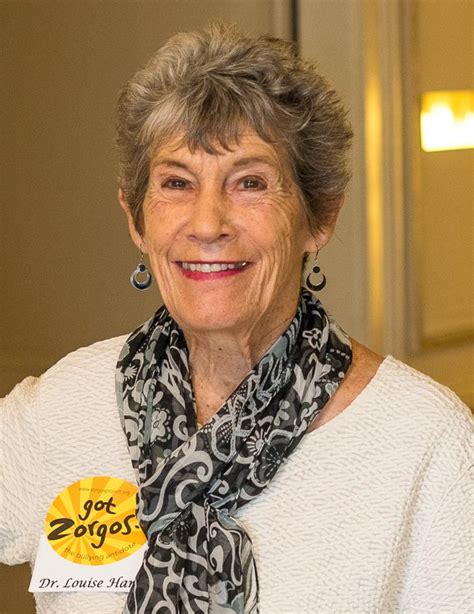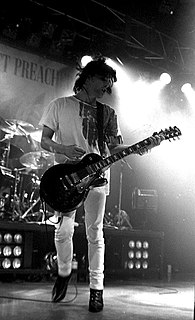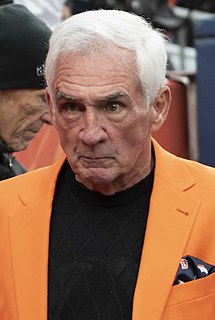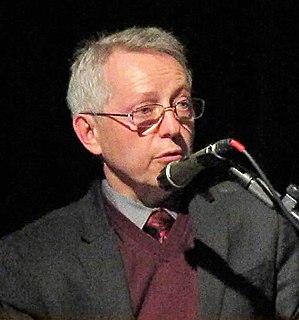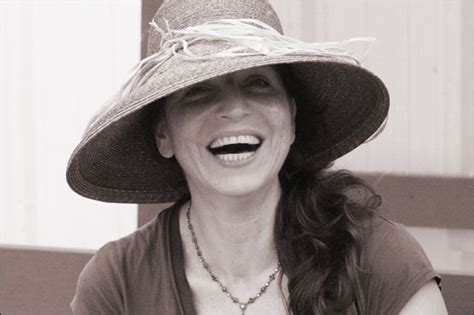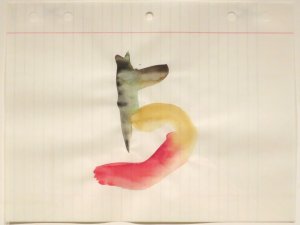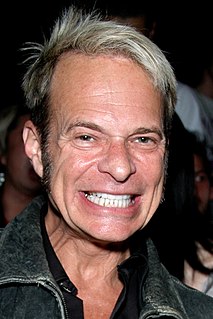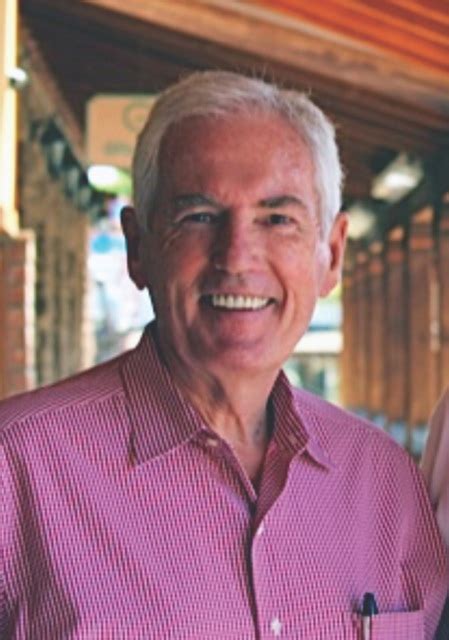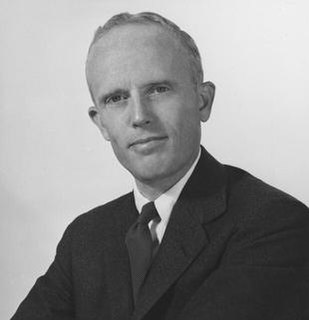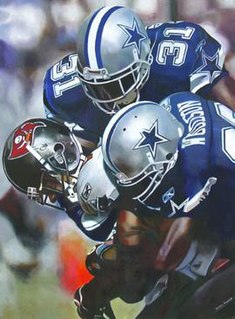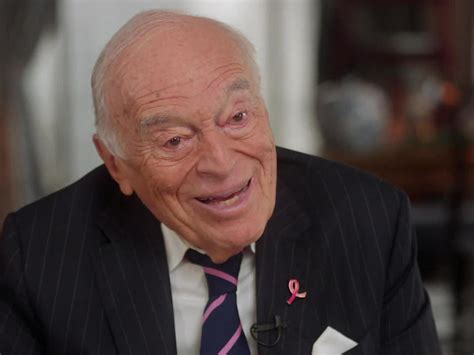Top 1200 Self Knowing Quotes & Sayings
Explore popular Self Knowing quotes.
Last updated on April 14, 2025.
Self-esteem creates natural highs. Knowing that you're lovable helps you to love more. Knowing that you're important helps you to make a difference to to others. Knowing that you are capable empowers you to create more. Knowing that you're valuable and that you have a special place in the universe is a serene spiritual joy in itself.
Right now you can allow yourself to experience a very simple sense of not knowing - not knowing what or who you are, not knowing what this moment is, not knowing anything. If you give yourself this gift of not knowing and you follow it, a vast spaciousness and mysterious openness dawns within you. Relaxing into not knowing is almost like surrendering into a big, comfortable chair; you just fall into a field of possibility.
It's all about self-discipline. Like, self-obsession is connected completely with self-loathing, and it's the same with, if you've got a weight problem. It's all about... finding some worth in yourself, knowing that you've got the discipline to do it, and knowing that other people maybe can't do it. And it's also, I think, really connected to the fact that you almost feel, like, silent, you have no voice, you're mute, there's just no, you've got no option. Even if you could express yourself nobody would listen anyway. Things that go on inside you, there's no other way to get rid of them.
People talk about discipline, but to me, there's discipline and there's self-discipline. Discipline is listening to people tell you what to do, where to be, and how to do something. Self-discipline is knowing that you are responsible for everything that happens in your life; you are the only one who can take yourself to the desired heights.
The man is a humbug — a vulgar, shallow, self-satisfied mind, absolutely inaccessible to the complexities and delicacies of the real world. He has the journalist's air of being a specialist in everything, of taking in all points of view and being always on the side of the angels: he merely annoys a reader who has the least experience of knowing things, of what knowing is like. There is not two pence worth of real thought or real nobility in him. But he isn't dull.
First comes Self-confidence, that is the foundation. Then comes Self-satisfaction, it is like the wall. Next comes self-sacrifice, it is like the roof. Finally the house is complete and the Indweller is installed inside; that is Self-realization. It starts with Self-confidence and it ends with realizing the Self.
Knowing has two poles, and they are always poles apart: carnal knowing, the laying on of hands, the hanging of the fact by head or heels, the measurement of mass and motion, the calibration of brutal blows, the counting of supplies; and spiritual knowing, invisibly felt by the inside self, who is but a fought-over field of distraction, a stage where we recite the monotonous monologue that is our life, a knowing governed by internal tides, by intimations, motives, resolutions, by temptations, secrecy, shame, and pride.
These are the only two situations possible, and you are in the sad situation. Everybody may know about you - who you are - but you yourself are completely oblivious of your transcendence, of your real nature, of your authentic being. This is the only sadness in life. You can find many excuses, but the real sadness is this: you don't know who you are. How can a person be happy not knowing who he is, not knowing from where he comes, not knowing where he is going? A thousand and one problems arise because of this basic self-ignorance.
Something will be there when the flood recedes. We know that. It will be those people now standing in the water, and on those rooftops - many black, many poor. Homeless. Overlooked. And it will be New Orleans - though its memory may be shortened, its self-gaze and eccentricity scoured out so that what's left is a city more like other cities, less insular, less self-regarding, but possibly more self-knowing after today. A city on firmer ground.
Self-awareness is a trait - or maybe 'practice' is the more accurate way to put it - that everyone can always improve at. It is part emotional intelligence, part perceptiveness, part critical thinking. It means knowing your weaknesses, of course, but it also means knowing your strengths and what motivates you.
Some virtues, when they become fashions, also become exaggerated. Just because nobody likes a judgmental attitude does not mean that there isn't a sort of spoiled, self-righteous hypocrisy when one man obsessively commands other men not to judge without knowing the circumstances without himself, too, knowing their circumstances behind their judgments.
True listening is never self-effacement. We bring the whole self to the process, rather than denying self. When we truly listen, we aren't just waiting for someone else to decide something so we can get on with things, or so we don't have to decide for ourselves. We aren't giving away our own powers to be seen and heard. When we listen, first we listen to the parts of ourselves that are curious, in avoidance, afraid, angry, or proud. Then we can take a breath and sink, allowing those parts some space alongside the spaciousness of not knowing.
History is for human self-knowledge. Knowing yourself means knowing, first, what it is to be a person; secondly, knowing what it is to be the kind of person you are; and thirdly, knowing what it is to be the person you are and nobody else is. Knowing yourself means knowing what you can do; and since nobody knows what they can do until they try, the only clue to what man can do is what man has done. The value of history, then, is that it teaches us what man has done and thus what man is.
Self-respect cannot be hunted. It cannot be purchased. It is never for sale. It cannot be fabricated out of public relations. It comes to us when we are alone, in quiet moments, in quiet places, when we suddenly realize that, knowing the good, we have done it; knowing the beautiful, we have served it; knowing the truth we have spoken it
Self-esteem is made up primarily of two things: feeling lovable and feeling capable. Lovable means I feel people want to be with me. They invite me to parties; they affirm I have the qualities necessary to be included. Feeling capable is knowing that I can produce a result. It's knowing I can handle anything that life hands me.
One has to see oneself through one's actions, works, and mind. Knowing the Self by the self is not as easy as writing that line. A #? yogi sees things in every movement he makes, maybe when practicing, maybe when teaching, or maybe when talking to people. You should have courage in your convictions and pursue what is dear to you all these years.
For a human being, to possess a consciously experienced first-person perspective means to have acquired a very specific functional profile and distinctive level of representational content in one's currently active phenomenal self-model: It has, episodically, become a dynamic inner model of a knowing self.
We have traditionally thought of knowing in terms of subject and object and have struggled to attain objectivity by detaching our subjectivity. It can't be done, and one of the achievements of postmodernity is to demonstrate that. What we are called to, and what in the resurrection we are equipped for, is a knowing in which we are involved as subjects but as self-giving, not as self-seeking, subjects: in other words, a knowing that is a form of love.
The Spirit which is within you is a collective being and once you are awakened into the light of Spirit, you become a collective being. That means, on your finger tips you can feel the centers of others also as you can feel yourself. By knowing yourself you know the self knowledge, the inner self knowledge and by knowing others you are in collective consciousness.
A visionary is someone who can see the future, or thinks he sees the future. In my case, I use it and it comes out right. That doesn't come from daydreams or dreams, but it comes from knowing the market and knowing the world and knowing people really well and knowing where they're going to be tomorrow.
